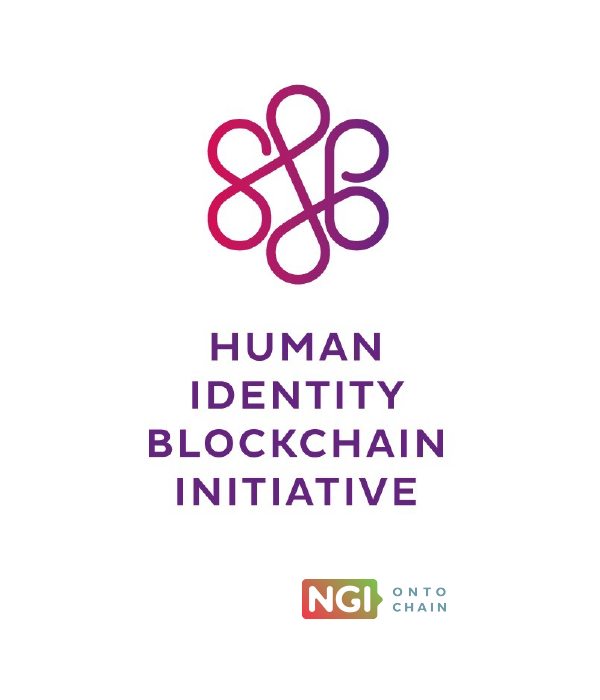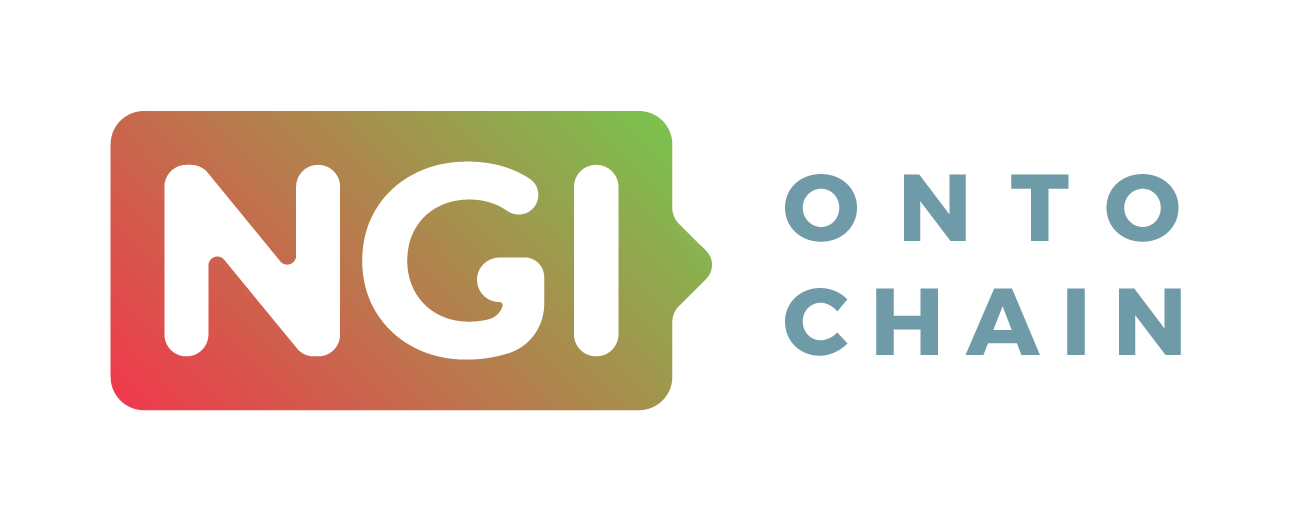In the future, doing business on the blockchain can be as simple as keep track of your national ID card and tap it on the back of your phone, to legally validate your identity in a cryptographically secure manner.
Really interesting, right? Rebecca Johnson, one of the innovators behind HIBI project, explained us more about this vision and their project’s contribution to the ONTOCHAIN ecosystem.

Could you please introduce yourself?
My name is Rebecca Johnson, I’m a blockchain architect working at the intersection of technology and transcultural communication. At Datarella I’m focused on requirements engineering, project management, and governance. I’m one of the founding members of the European Blockchain Association and I serve as secretary of the Staking Industry Working Group. Before joining Datarella, I worked at Apple Germany and at Fujitsu Technology Solutions GmbH. I hold advanced university degrees in International Economics, Business, and Spanish from Georgia State University, USA. Together with my colleagues at Datarella we’ve been working on building privacy-preserving, secure, trustworthy, legally compliant formalized, identity for several years now. I’m naturally very excited about what we’ve managed to achieve so far in the Human Identity Blockchain Initiative (HIBI) and can’t wait to see where the journey with ONTOCHAIN leads.
How did you hear about ONTOCHAIN?
ONTOCHAIN was recommended to us through some industry colleagues who brought the program to our attention.
What motivated you to apply?
The collaborative nature of the ONTOCHAIN process really appealed to us. We’re producing an SDK that provides privacy-preserving, secure, trustworthy, legally compliant formalized, identity for blockchain based systems. Every SDK needs a user base of developers who find it useful, so ONTOCHAIN is really a perfect environment to validate our approach and ensure that our SDK can be quickly leveraged and spread throughout other teams, as a basic building block underlying a new generation of decentralized applications based on Legally-Enabled Self Sovereign identity.
How was the application process?
The application process was smooth and clear, we just filled in a few forms as requested. The really hard work we’d already been doing for months beforehand in terms of conceiving of the Human Identity Blockchain Initiative (HIBI). When ONTOCHAIN came along we knew we needed to apply and already had a lot of material that matched the ONTOCHAIN vision in motion.
Can you briefly explain your project and its contribution to the ONTOCHAIN software ecosystem?
As I mentioned before, we’re producing an SDK that provides privacy-preserving, secure, trustworthy, legally compliant formalized, identity for blockchain based systems. You might also call this “Legally-Enabled Self Sovereign identity”. It leverages the European eIDAS e-ID framework to anchor eIDAS identity authentication in the context of blockchain and self-sovereign identity. Essentially this is a tool kit that other teams can use to make smart contracts into legal contracts with legally identifiable counterparties.
We manage to do this by first authenticating identity using eIDAS-based NFC scans of the new eID card for citizens of the European Union (EU) as well as the (EEA) and also Germany. After authentication we can issue Self Sovereign Identity verifiable credentials (VC) using the new SSI eIDAS Bridge, as well as performing private key backup and recovery anchored to the eIDAS identity authentication with our Smart Decentralized Key Recovery (SDKR) module. These VC’s can then be mapped to blockchain public keys and used to provide role-based regulatory interfaces as well as fully automated KYC for decentralized applications on public blockchains.
The SDK offers developers secure decentralized tools to significantly extend the level of regulatory compliance that their DAPPs can offer with no additional development effort. It offers citizens verifiable control over their identity and most importantly ease of use. The vision is that in the future, in order to do business on the blockchain, you’ll just need to keep track of your national ID card and tap it on the back of your phone to legally validate your identity in a cryptographically secure manner.
It’s our view that this kind of legal underpinning in the world of contracts on public blockchains will open the floodgates to enable tons of applications that are currently impossible. At the moment, in the world of public permissionless blockchains, there’s lots of things people would like to do which could never pass regulatory muster, because the current chains don’t offer any mechanism for legal identity validation and thus also no interfaces for regulatory compliance. Applications like profit sharing in companies controlled by DAO’s or fractional ownership and profit sharing in real estate are likely to remain impossible without the kind of identity framework we’re building.
The ONTOCHAIN project is based on a co-development process, how can you benefit from an experience like this? And what type of synergies are you eager to explore with the other selected teams?
So far, we’ve had discussions with 13 of the 18 teams and we’ve experienced a strong response indicating that the HIBI SDK would be of interest for the vast majority of the other selected teams. We intend for HIBI to be open source and for our approach to provide a replicable and scalable building block on which other teams can build. The ONTOCHAIN program provides us the opportunity to battle test this approach and to test our assumptions against the real world needs of other teams working to realize the ONTOCHAIN vision.
What are your expectations regarding the new software ecosystem that ONTOCHAIN will deliver, its contribution to the NGI priority areas, and benefits for end users?
Our hope for the ONTOCHAIN ecosystem is that it will augment the standardization and innovation in the Web3 space. We hope it will indeed be able to effectively address some of the internet scale problems we all face including centralization of power, unverifiable provenance of information, unreliable identities and the lack of fair rewards for good quality online contributions.


 This project has received funding from the European Union’s Horizon 2020 research and innovation programme under grant agreement No 957338
This project has received funding from the European Union’s Horizon 2020 research and innovation programme under grant agreement No 957338




